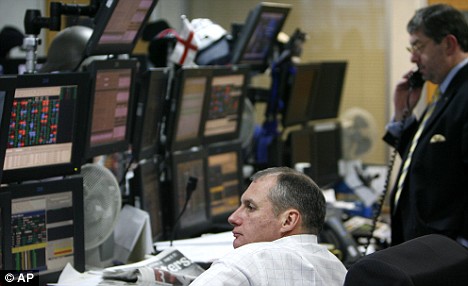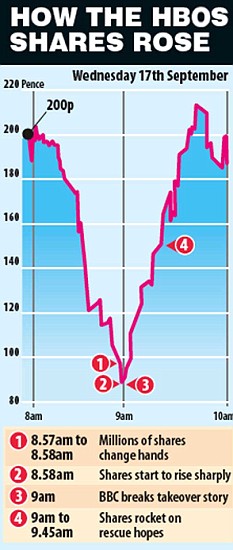SUIT SLAMS RUBIN
 Robert Rubin Robert Rubin |
A new Citigroup scandal is engulfing Robert Rubin and his former disciple Chuck Prince for their roles in an alleged Ponzi-style scheme that’s now choking world banking.
Director Rubin and ousted CEO Prince – and their lieutenants over the past five years – are named in a federal lawsuit for an alleged complex cover-up of toxic securities that spread across the globe, wiping out trillions of dollars in their destructive paths.
Investor-plaintiffs in the suit accuse Citi management of overseeing the repackaging of unmarketable collateralized debt obligations (CDOs) that no one wanted – and then reselling them to Citi and hiding the poisonous exposure off the books in shell entities.
The lawsuit said that when the bottom fell out of the shaky assets in the past year, Citi’s stock collapsed, wiping out more than $122 billion of shareholder value.
However, Rubin and other top insiders were able to keep Citi shares afloat until they could cash out more than $150 million for themselves in “suspicious” stock sales “calculated to maximize the personal benefits from undisclosed inside information,” the lawsuit said.


